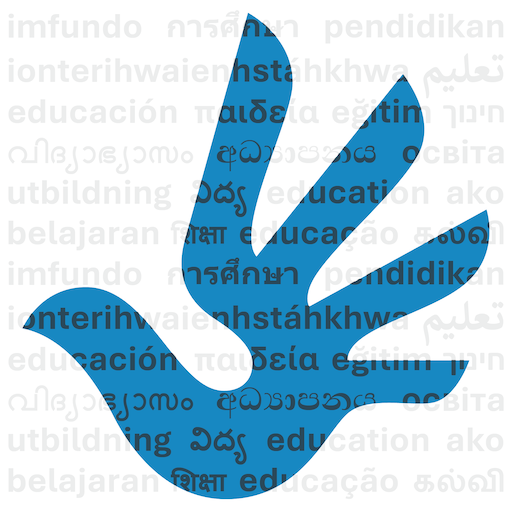The RCE Quality Assurance System (QAS) is a participatory mechanism supporting educational environments (schools, homes and others) to bring their practices into alignment with Child Rights.
It is a civil society-led implementation of a proposal from the World Programme for Human Rights Education (First Phase 2005-2007), approved by the UN General Assembly, to 10 (x) Establish a rights-based quality assurance system (including school self-evaluation and development planning, school inspection, etc.) for education in general and create specific quality assurance mechanisms for human rights education. It also supports other parts of the Programme, as detailed here.
Any educator working directly with children (in school, home education, or elsewhere) seeking to align their practice with Child Rights is welcome to join!
- Not sure if you are eligible? See here.
- What does it take to join? Fill out this form to Pledge to join the QAS.
- Want to know more before you jump in? Watch the recording of the inauguration here.
- Still more questions? See the FAQ on our wiki or write to network@rights-centric.education
